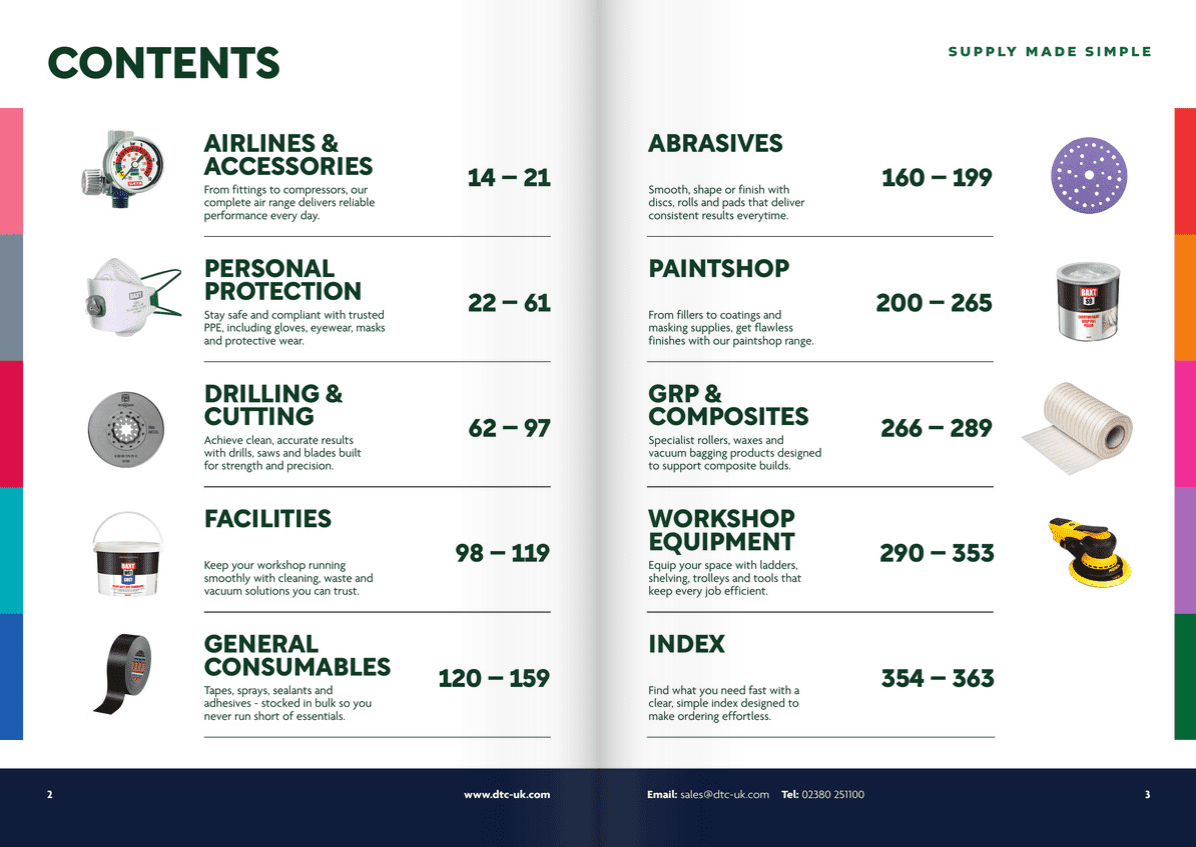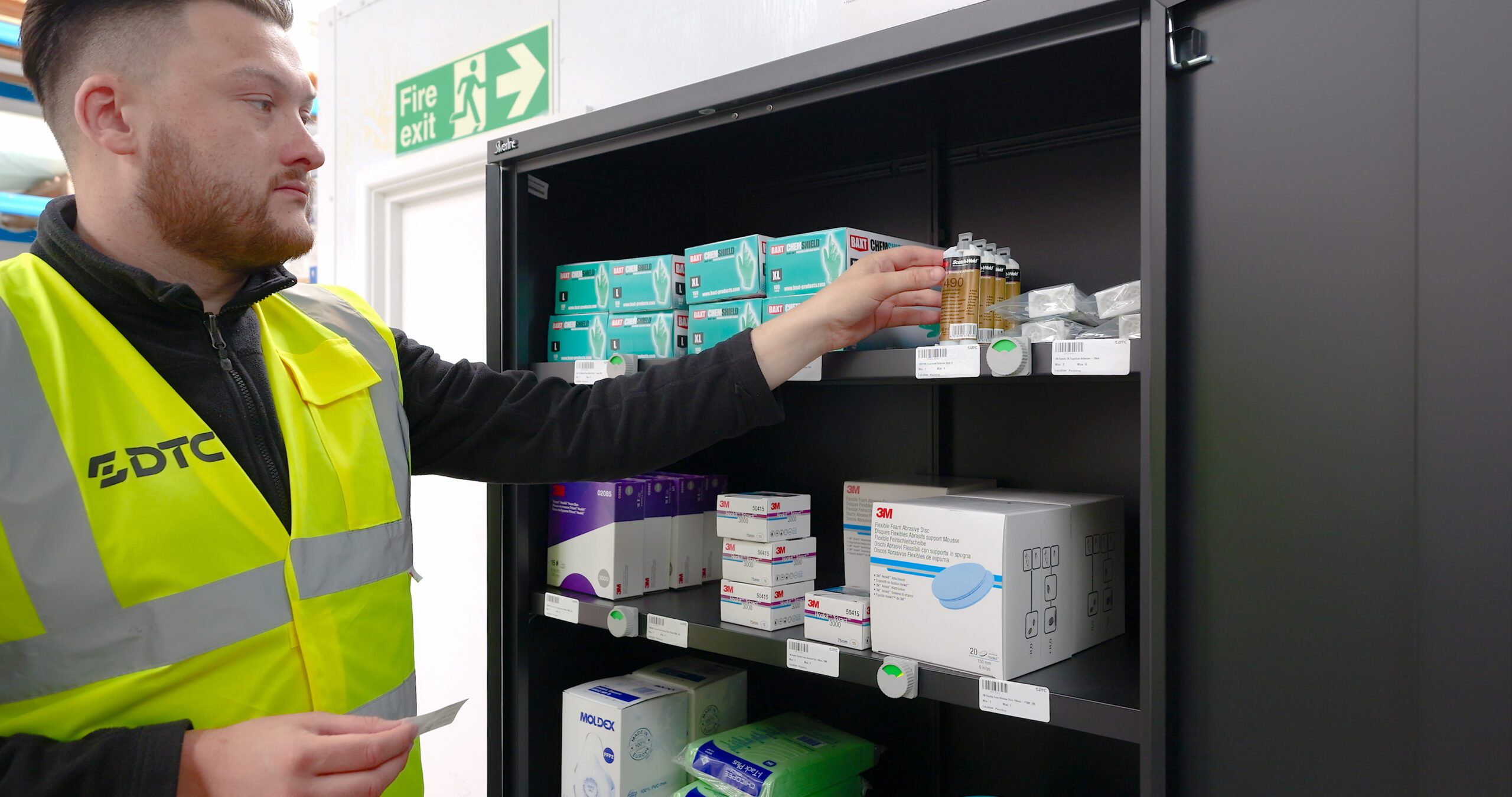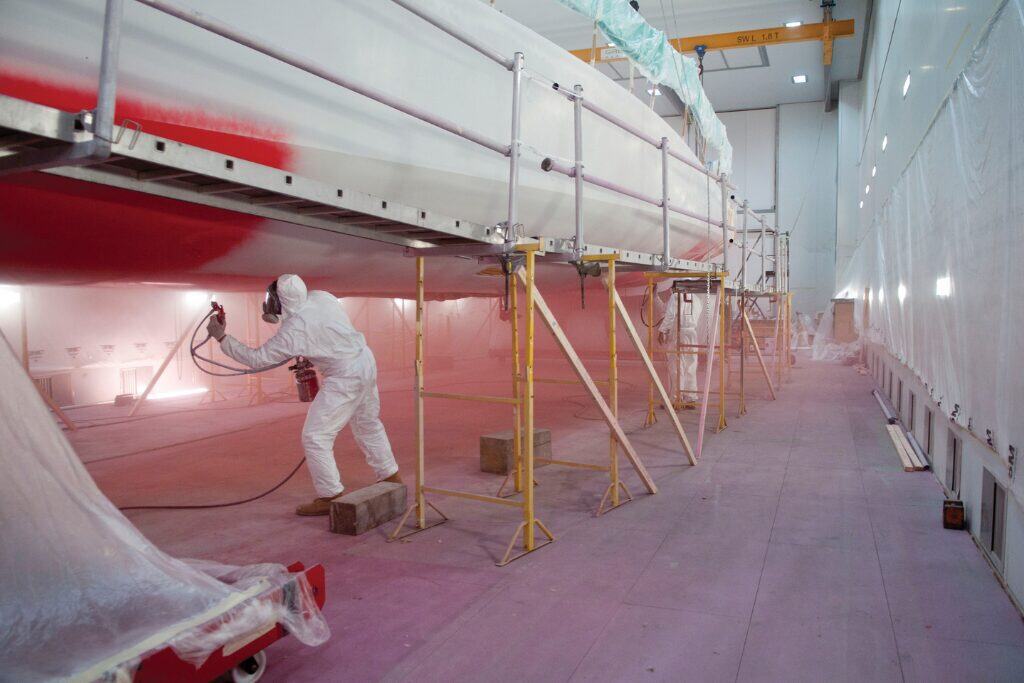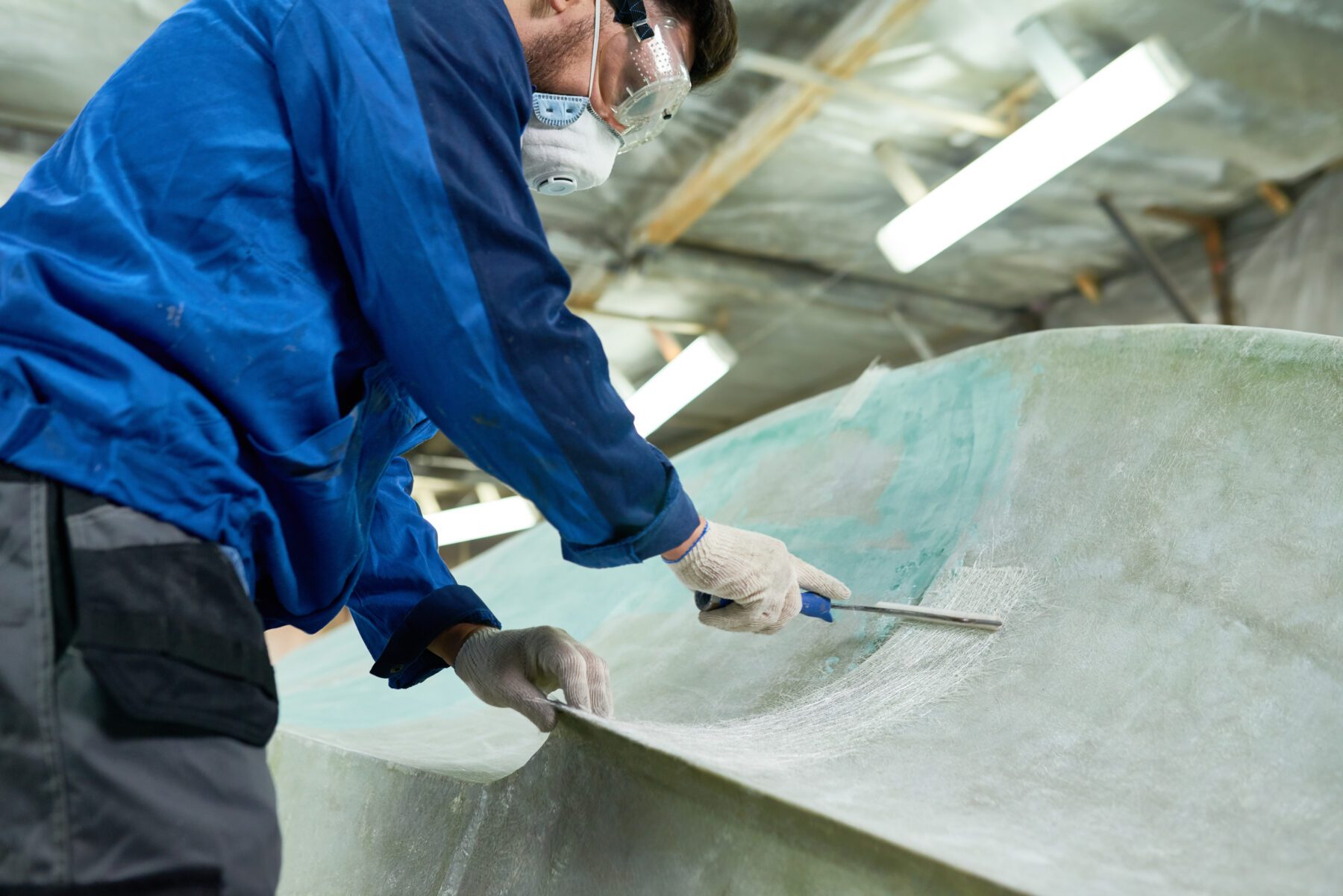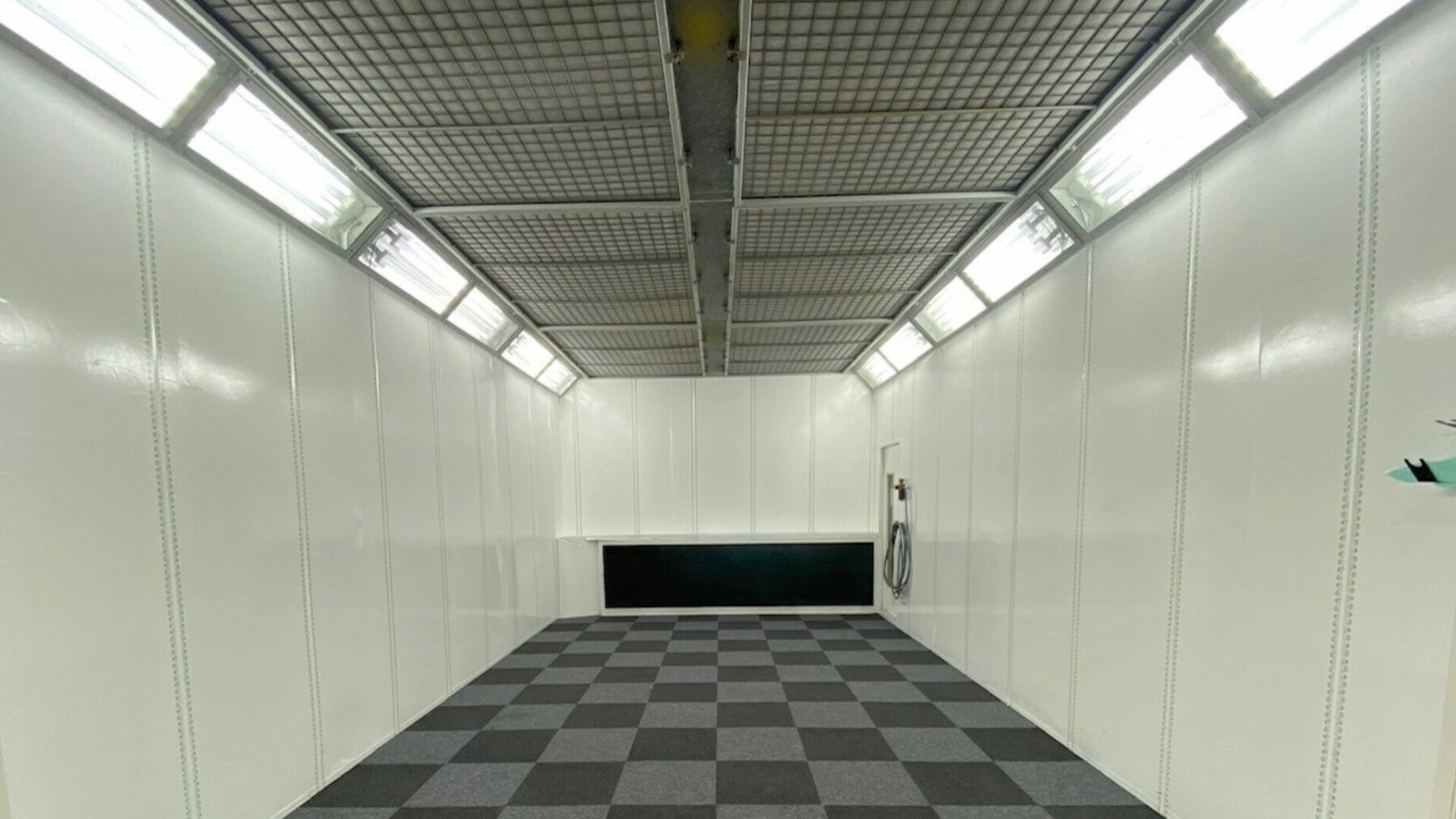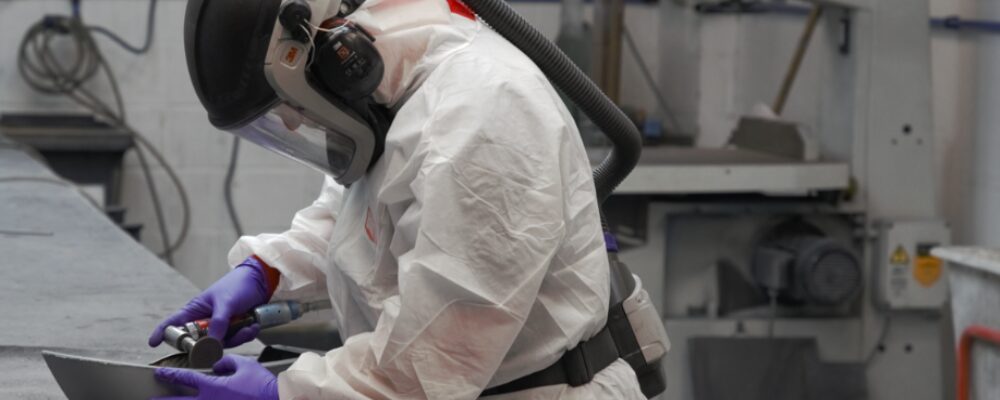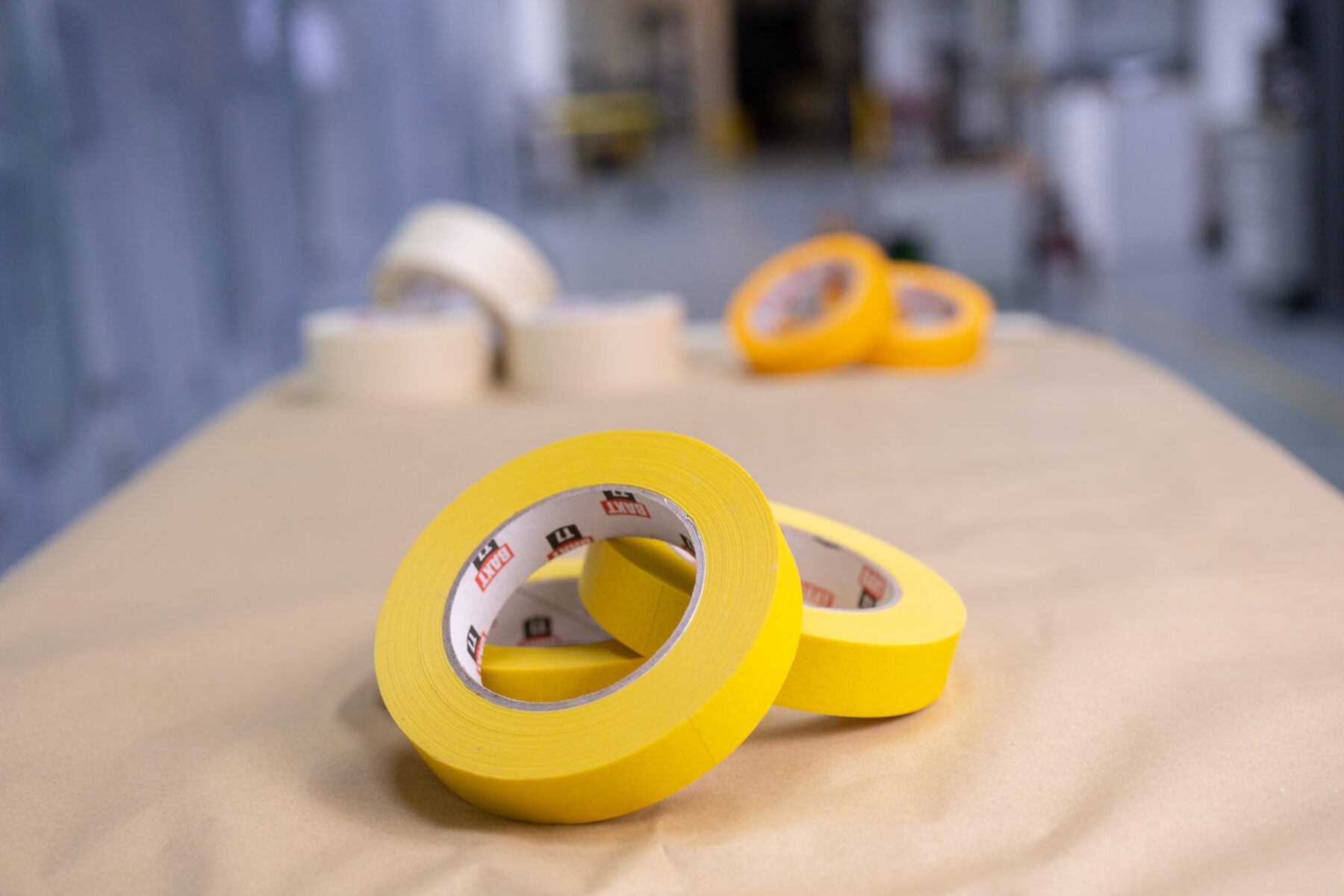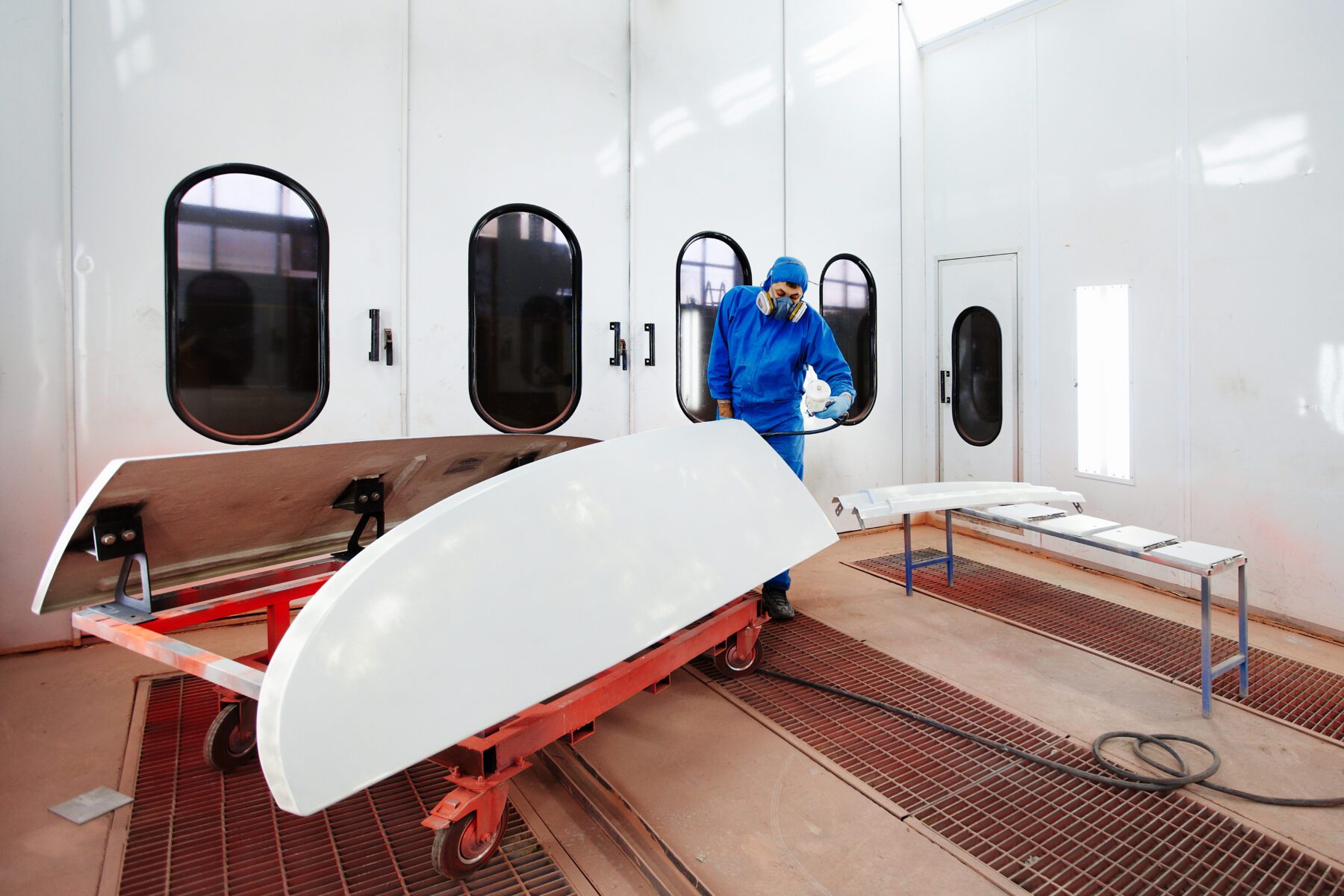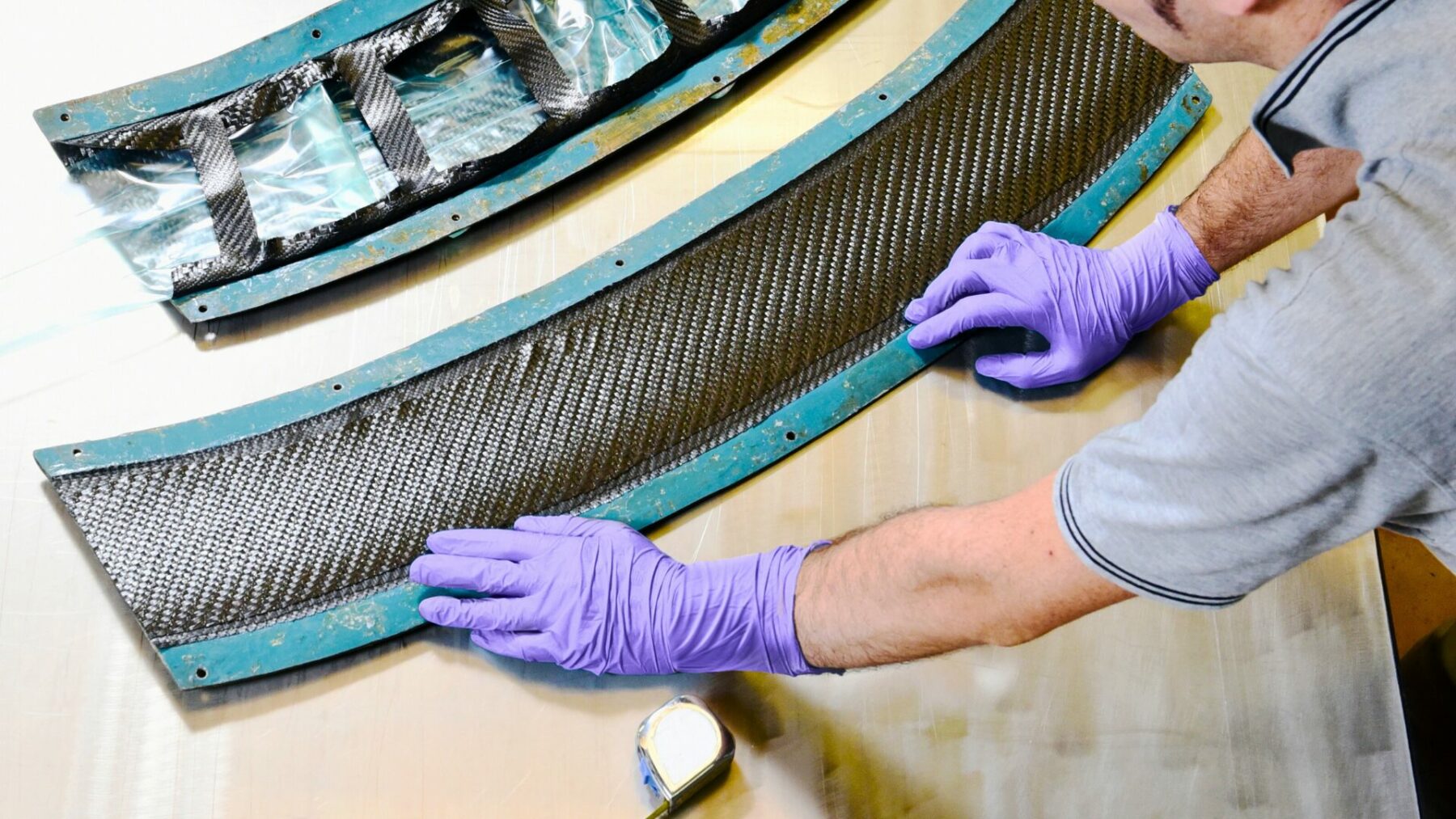Resources
All our latest updates and resources in one place
Find all our information and resources, from answers to common questions, to our latest company news and projects, to copies of our industry insights magazine, Fusion.
If there is anything else you are looking for and can’t find, please let us know.

Fusion Magazine
FUSION is our high quality insights magazine, featuring articles focusing on different sectors and innovations in the Composite market and related sectors.
Available to view online, download or in print formats each issue is sent to all our customers.
Access the latest edition now or request a copy. Back copies are also available to download or view online.
See all copies
Frequently Asked Questions
We’ve pulled together a selection of the most frequently asked questions we receive. If you have any other queries or need further information contact our team.
View FAQs